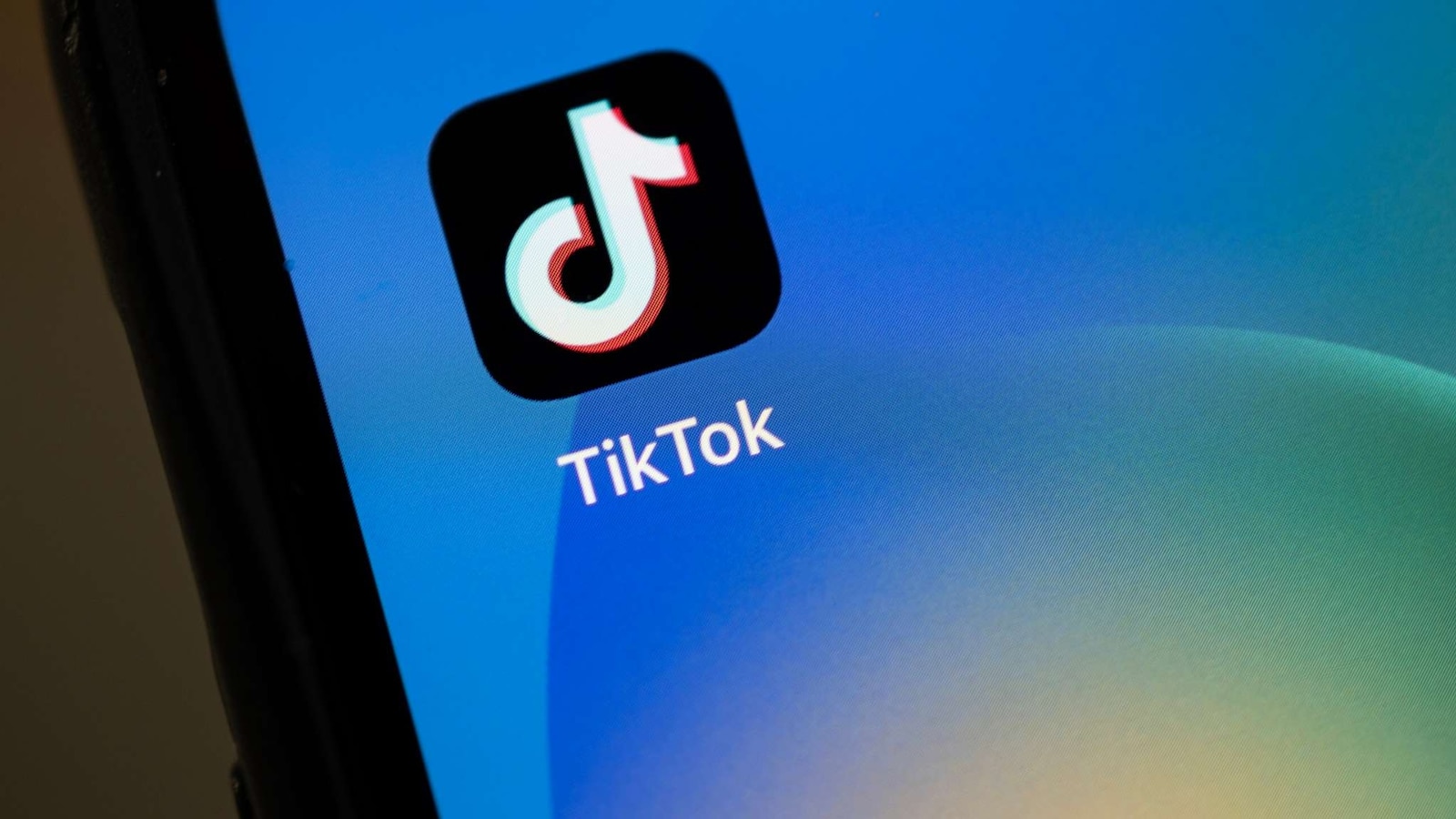What’s Next for TikTok After the US Ban?
As the US government implements a ban on TikTok, many questions arise about the app’s future and its millions of American users. The popular video-sharing platform, known for its short-form content, has become a cultural phenomenon and an essential marketing tool for businesses. However, the potential ban has stirred up a whirlwind of uncertainty, prompting users, creators, and marketers to contemplate the implications of such a decision. In this article, we will explore potential outcomes, industry reactions, and the broader implications for social media platforms, shedding light on what’s next for TikTok after the US ban.
The Context of the Ban
The US government’s push to ban TikTok stems from national security concerns. Officials worry that the app, owned by the Chinese company ByteDance, may pose a risk by potentially sharing user data with the Chinese government. This fear has led to increased scrutiny and calls for the app’s removal from American app stores. As discussions around the ban continue, TikTok faces mounting pressure to address these security concerns while maintaining its user base.
Immediate Implications for Users
If the ban comes into effect, millions of American users will face immediate consequences. Among these are:
- Loss of Access: Users will no longer be able to access the app, which has become a primary source of entertainment and social interaction for many.
- Impact on Content Creators: Creators who have built large followings and monetized their content may find their income sources significantly impacted.
- Shift to Alternative Platforms: Users might migrate to other platforms like Instagram Reels, Snapchat, or YouTube Shorts, leading to a fragmentation of the social media landscape.
Potential Outcomes for TikTok
So, what’s next for TikTok after the US ban? Here are several potential outcomes that could unfold:
1. Legal Challenges
Should the US government proceed with the ban, TikTok may opt for legal action to contest the decision. The platform could argue that such a ban infringes on the rights of its users and violates free speech principles. Legal battles could delay the implementation of the ban while allowing TikTok to continue operating in the interim. This route would likely involve lengthy court proceedings, drawing attention to the broader implications of government intervention in social media.
2. Data Privacy Improvements
In an effort to alleviate concerns, TikTok could take proactive steps to enhance its data privacy measures. This might include:
- Transparent Data Practices: Implementing clearer and more transparent data handling policies to reassure users about their privacy.
- Local Data Centers: Establishing data centers in the US to store American user data domestically, thereby reducing concerns about foreign access.
- Regular Audits: Allowing independent audits of its data practices to enhance trust among users and regulators.
3. Collaboration with US Authorities
Another potential outcome could be a partnership with the US government to address security concerns. By collaborating with authorities, TikTok could develop a framework that satisfies national security interests while allowing the platform to continue operating in the US. This might involve:
- Regular Reporting: Committing to regular security reports and updates to government agencies.
- Security Committees: Establishing committees that include US representatives to oversee data practices.
4. Diversification of Content Platforms
If the ban is enforced, it may encourage TikTok to diversify its content delivery methods. This could involve investing in new features or even creating a standalone streaming service. Such diversification would allow TikTok to maintain engagement with its audience while exploring new monetization strategies.
Broader Implications for Social Media Platforms
The potential ban on TikTok raises significant questions about the future of social media as a whole. Here are some broader implications:
1. Increased Regulation
The situation with TikTok may lead to increased regulatory scrutiny of other social media platforms. Governments worldwide may follow suit, implementing stricter data privacy laws and regulations aimed at protecting users. This could create a landscape where social media companies must navigate a complex array of compliance requirements.
2. Evolving User Expectations
As users become more aware of data privacy issues, their expectations for transparency and security will evolve. Platforms that prioritize user privacy and data protection may gain a competitive edge. Consequently, social media companies will need to invest more in privacy technologies and user education to build trust.
3. Market Dynamics
The potential loss of TikTok could reshape the social media landscape. Competitors may seize the opportunity to capture TikTok’s audience, leading to shifts in user engagement and market power. Platforms like Instagram, Snapchat, and YouTube may ramp up their efforts to attract TikTok users, which could lead to innovations and new features designed specifically for this demographic.
Conclusion
As the US government implements a ban on TikTok, the future of this beloved app hangs in the balance. The potential outcomes are complex and multifaceted, ranging from legal challenges to enhanced data privacy measures. Regardless of the final decision, the implications extend beyond TikTok itself, affecting the entire social media landscape.
While uncertainty looms, it’s essential to remain optimistic. The challenges posed by the ban may spur innovation and lead to improvements in data privacy practices across all platforms. As users navigate this evolving landscape, the emphasis on transparency, security, and user experience will likely shape the future of social media in profound ways. Ultimately, what’s next for TikTok will not only determine the app’s fate but also influence how we engage with digital platforms in the years to come.
See more Future Tech Daily

